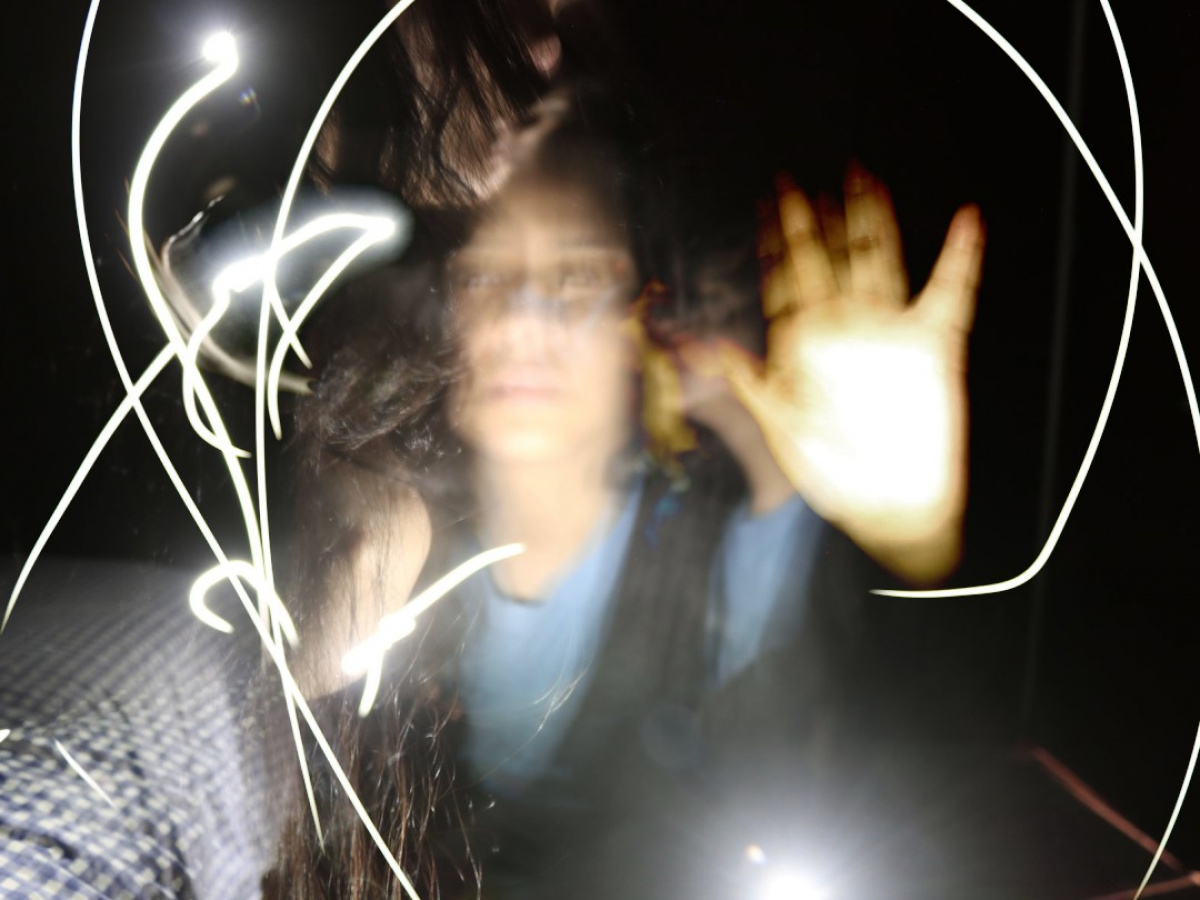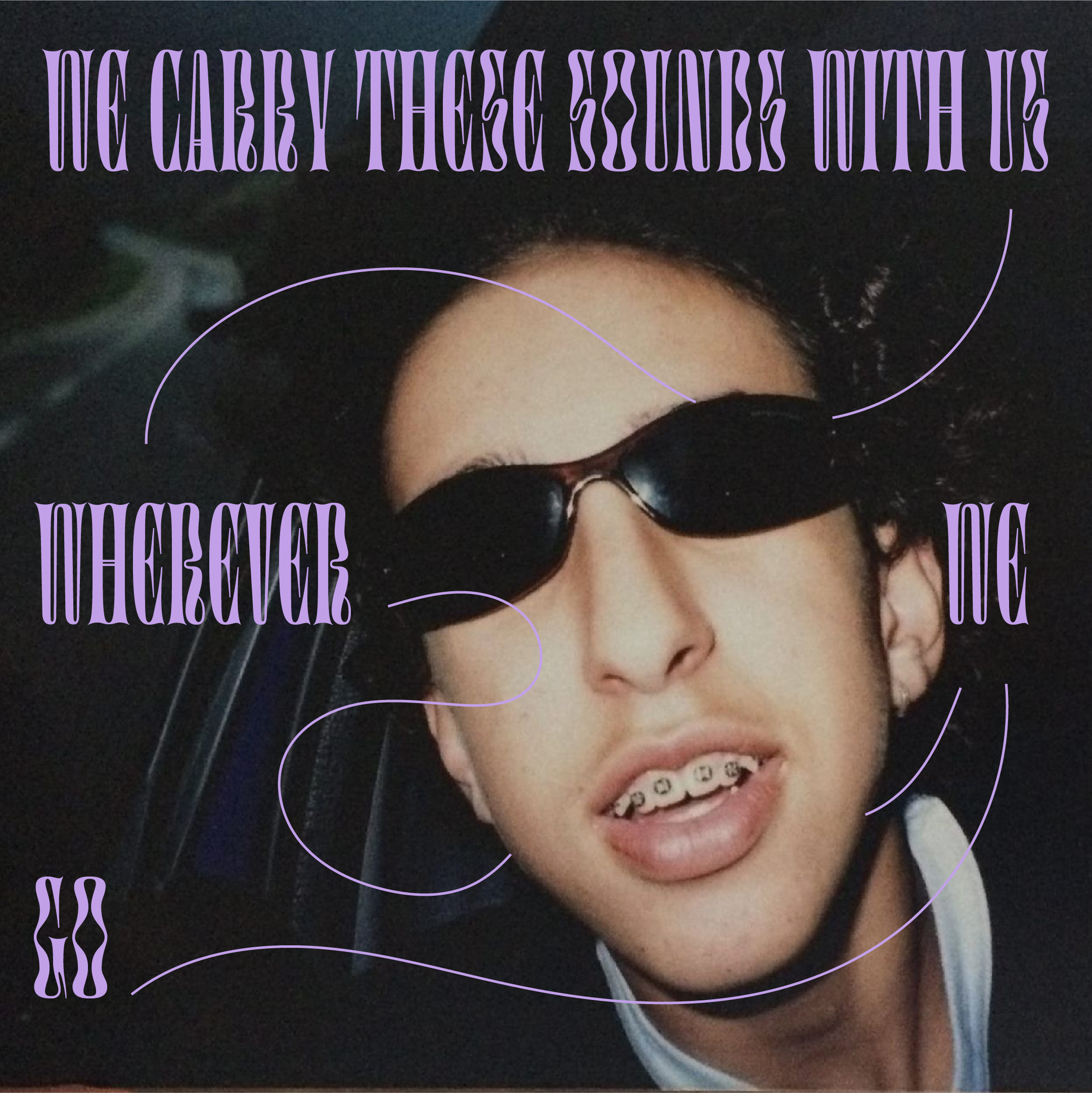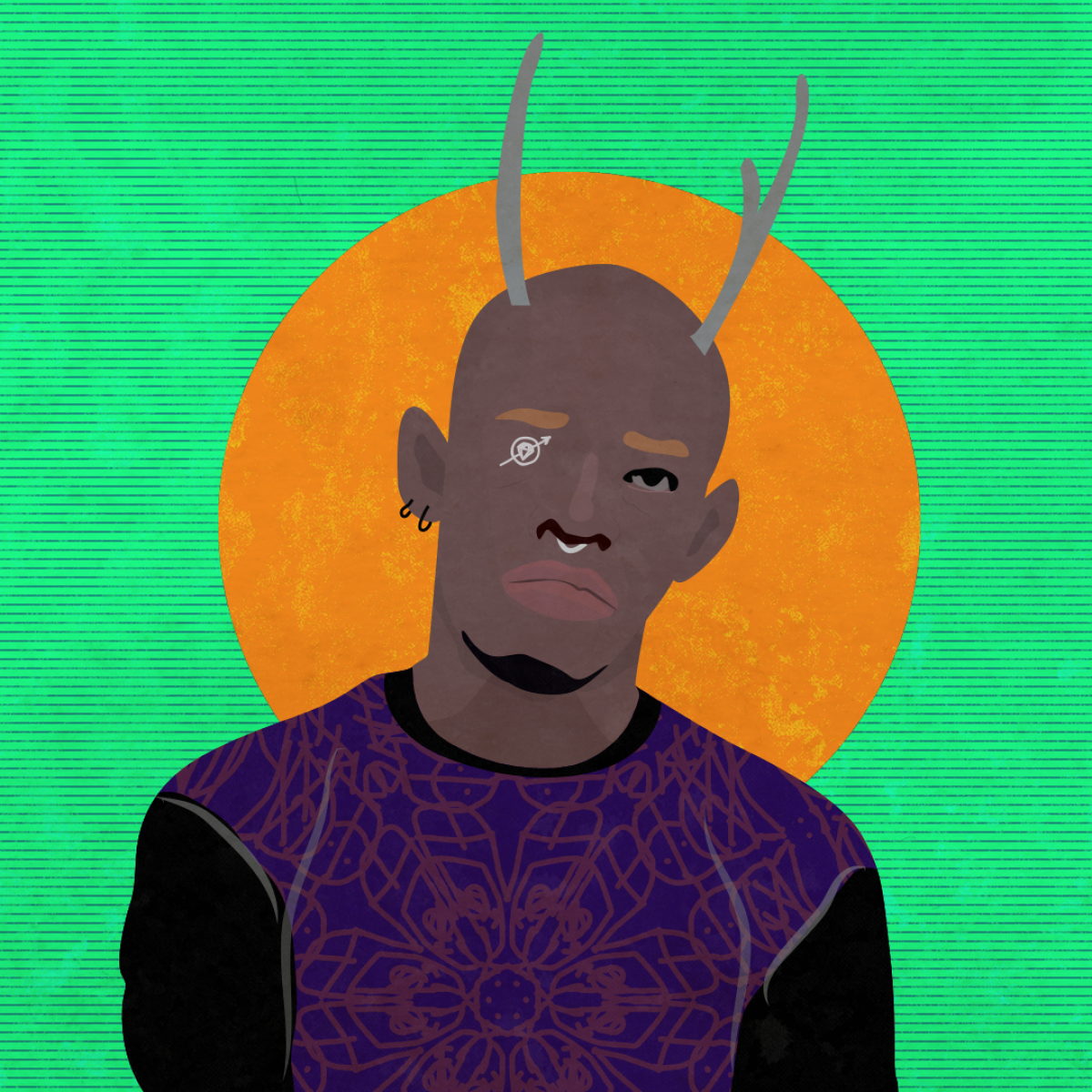
I Listened, Therefore I Was
Songs can entail memories about who we are. In an essay inspired by the OneBeat workshop «Everything Old is New Again», our writer reflects on the role of music as a source of one’s own biography.
«I was contaminated and would carry the poison wherever I ran»
John Edgar Wideman, Brothers and Keepers (1984)
Pittsburg, poverty, Blackness. John Edgar Wideman was running away from all of them, comparing his class, race, and ethnic background and experience to a stigmatizing and malicious disease. As with all socially stigmatizing diseases, the disease itself is not the only danger there. Equally dangerous is the shame and fear that the disease could be discovered and exposed to the public one day. Disclosure could contaminate Wideman’s new life beyond repair. It could bring him back on the path he was running away from so desperately. Exposure could jeopardize everything he achieved so far. Therefore, the disease should remain hidden, even denied. It should be relegated to some forgotten place deep inside and far, far away. That kind of denial can be a powerful drive. The feelings of shame and fear can be a source of unstoppable energy.
A Vision of Home Far from Safety
Where we come from can be sometimes extremely complex, difficult, and confusing. I am glad that reading Returning to Reims after seeing it first on stage made me aware of this literary masterpiece. Didier Eribon, in his book Returning to Reims from 2009, confronts his biography through the perspectives of his sexuality, working-class origin, his academic path, and leftist politics in France. While doing so, he draws on Wideman’s experiences, which he so brilliantly covered in his memoir from 1984. Both their perspectives carry a vision of home that is far from the comfort, safety, lightness, and domestic bliss that some people want to associate with childhood and early adolescence.
For many people, homes and origins are a source of pain, trauma, irreversible damage, and stigma. Yet, home is what defines us. We carry it inside us wherever we go, as we do with sounds, melodies, rhythms, voices, and lyrics we heard as kids. Perhaps we could revisit some good places from our childhood by returning to favorite music and sounds that we adored. «I’m really vibing to it» we would then say and smile inwardly, trying to explain to others the things that touch us deeply in our favorite music that are hard to name. One thing is certain, we carry these sounds with us wherever we go.
These were some of the questions that the workshop leader Domenica Fossati asked during the OneBeat session «Everything Old is New Again». The suggestion to start our conversation by sharing a meaningful song or sound, that came from Fossati at the beginning, got everybody going. Sharing a song, a sound, a melody, and a memory associated with them would activate so many different feelings, smells, colors, sensations, images, and even textures. Memories of them would bring us comfort and put us at ease, rather than cause distress and pain. Sadness could be there too. Especially sadness that is more therapeutic and healing rather than destructive or hopeless. This type of sadness would inspire resilience and make us see things from a different perspective rather than instigate paralysis or stagnation.
We Could Tell New Stories
Fossati’s question wasn’t an exercise in escapism. Rather, it was an invitation to revisit, address, and confront some of these musical and sonic memories that defined us and will forever be part of who we are. Building upon these experiences, we could tell new stories, compose new audio-visual narratives, without abandoning the old ones. Even when the experience was hard. The most heartbreaking story I heard came from a musician whose cultural context was very different from mine. «Where I come from there is no music, we are not encouraged to make or learn music».
Immediately, the songs and sounds we shared became much more than just sounds we enjoyed. They became vessels for our biographies carrying stories of who we are right now, who we were, what we do. Carriers of our journeys, successes, and struggles. Some of the songs became a source for new creations, providing us with the space and distance necessary to play and regain the sense of self we wanted without feeling uprooted or unravelled. The challenge now was to channel these life experiences into music pieces, and to equip them with a form that would convey all our personal truths safely, without overburdening anybody or revealing too much. These new creations became new homes.
This article is part of the Norient Special «Re-Making Tradition». It entails six essays that question the notion of tradition in music, and propose new ways of creating and practicing music collaboratively. It is based on experiences of the international OneBeat residency program in New York that took place in the summer and autumn of 2021.
Biography
Published on November 10, 2021
Last updated on April 10, 2024
Topics
A form of attachement beyond categories like home or nation but to people, feelings, or sounds across the globe.
Why does a Kenyan producer of the instrumental style EDM add vocals to his tracks? This topic is about HOW things are done, not WHAT.
From the music format «78 rpm», the melancholic echoes of a dubbed out rave night in London, and parodic mockings of «perfect house wifes» by female Nigerian pop musicians.
Special
Snap


